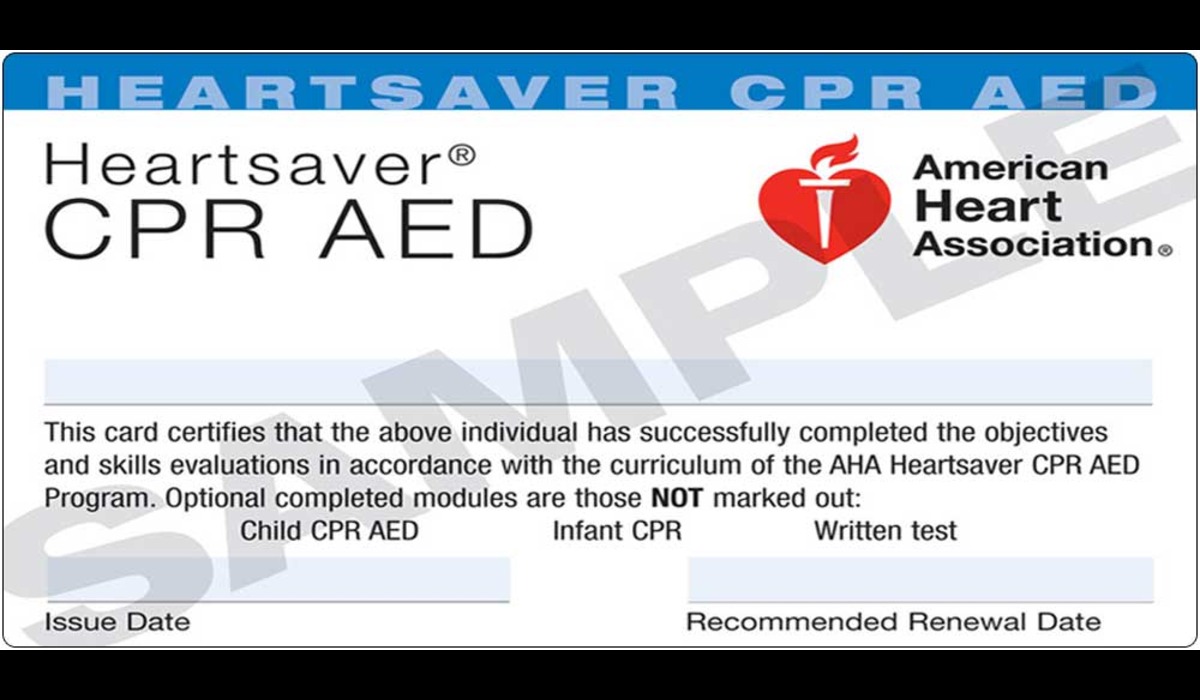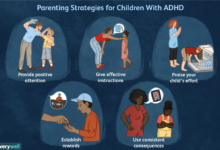Introduction
To save lives during cardiac emergencies, it is not mandatory to be a healthcare provider, like a doctor or a nurse. Anyone, irrespective of their professional background or qualifications, can be trained to perform CPR which can help resuscitate a person facing a cardiac or respiratory emergency. CPR techniques involve administration of chest compressions and rescue breaths. A CPR certification course teaches these techniques and gives you the knowledge to confidently intervene during emergencies. It is an important certification that each person should get as it helps increase the chances of a person’s survival.
Having your CPR certification implies that you have received proper training and are capable of administering CPR properly. This article takes you through the benefits of getting your CPR certification.
What are the benefits of getting CPR certification?
There are many benefits to getting a CPR certification that go beyond learning skills to save lives. They are:
- Improves chances of survival
A CPR-trained individual knows how to resuscitate a person and keep them alive until advanced medical help arrives. Irrespective of your age, background, profession or qualification, you can get CPR certified and help save lives.
- Prompt action
The survival of a person experiencing a cardiac arrest largely depends on the first response they receive from bystanders. CPR-certified people can immediately jump in and perform chest compressions, allowing the circulation of oxygenated blood to vital organs for several minutes while waiting for medical help to arrive. This prompt action can greatly improve the chances of a person’s survival.
- Confidence to perform skills during emergencies
A CPR certification course equips you with essential life saving skills, allowing you to intervene during emergencies confidently. Knowing how to perform CPR gives you peace of mind to efficiently jump into action when an emergency arises.
- Early recognition of cardiac arrest or respiratory issues
With a CPR certification course, you will learn to recognize the signs of a person going into cardiac arrest or facing respiratory problems. This greatly improves chances of a patient’s survival.
- Earn your next job
A CPR certification is considered an essential life-saving skill required for many jobs. Getting CPR certified can strengthen your resume and make a difference to your job application.
- Make communities safer
Being CPR certified means you are prepared to help in tough situations, making the places where you live safer for everyone. CPR skills are needed to keep communities safer, as emergencies are unpredictable. When more people are trained in CPR, there is an increase in lifesavers who are ready to help at any moment.
- Offers hope during emergencies
Health emergencies like cardiac arrests cause panic and anxiety in people who are not trained in CPR. However, CPR-certified individuals offer hope to the victim, as they have the skills to manage an emergency while maintaining a calm environment to prevent panic.
- Prevents brain death during cardiac arrest
People who experience cardiac arrest are at risk of permanent brain damage, resulting in their inability to carry out normal activities. This is caused by the absence of blood flow to the brain. Rapid response in such situations can prevent brain damage. By promptly administering CPR, you can significantly minimize the risk of brain damage for those experiencing cardiac arrest.
- Learn the use of automatic external defibrillators (AED)
A CPR certification also provides you with the knowledge of utilizing an AED properly in a cardiac emergency. The device gives electrical shocks through the chest, and when paired with chest compressions, can help restore normal heart rhythm.
- Better health awareness
A CPR certification gives you insights into why CPR is necessary and what happens when oxygen flow is restricted to the heart. This knowledge can motivate you to take steps towards a healthier lifestyle for yourself, preventing medical emergencies. Apart from personal benefits, you can also influence others around you and save lives.
What does a CPR certification class cover?
Getting a CPR certification can help you gain skills that can save someone’s life. A typical CPR certification class will cover the following topics:
- Identify signs of cardiac arrest
Identifying signs and symptoms of cardiac arrest is a key element in CPR certification classes. By being able to recognize signs of cardiac arrest, you will be able to take action immediately.
- CPR and AED
The class will focus specifically on adult CPR and will teach you the proper way to perform chest compressions in a cardiac emergency. You will also gain skills to access the AED, including how to place and apply defibrillator pads and its integration with CPR.
- Help choking victims
During the course, you will learn to identify the signs of choking and how you can provide relief to the choking victim.
Conclusion
A CPR certification is not just about learning emergency skills but also promotes overall well-being. This training program is available online and also through various training centers. Getting the right knowledge and skills from a reputed CPR training organization is important. Therefore, it is essential to do your research before choosing your CPR training provider.




